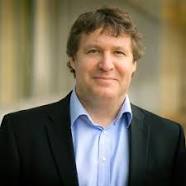
Having returned from the WCOL on Thursday, thought I would add two final blogs in regard to the Conference. This one relates to the keynote from Prof. George Siemans, who on Thursday morning delivered a very challenging and thought provoking presentation on the role, rise and concerns of digital technology and the inadequate response of higher education to that change.
The title of the paper was ‘Moving Beyond Happy, but not Hopeful: The role of higher education in meaning making in human and artificial cognition’ and the full paper can be located from the link below.
Here are some selections from the full paper.. well worth a read… for anyone interested in the digital future and the roles that universities might play in that.
We have two learner populations in the higher education system: the traditional 17-24 year old group, and the emerging lifelong adult learner group. We have failed both, but in different ways.
But let’s be realistic. We are giving our students what we wanted and needed for the world in which we grew up.
We have failed youth by creating an education system that supports existing power structures in society and does so in a most pernicious way: don’t go through us and you can’t get a job. Go through us and become conditioned to existing systems and, heavily in the USA but also in numerous other developed countries, you will be locked into years, decades or even a life debt. This is a failure of purpose. A failure of opportunity. A failure of meaning.
Another concern arises in that learning is a coherence forming process and networks are fragmentary. This fragmentation provides serendipity AND it produces knowledge frameworks that often don’t cohere. This results in an effect called the Illusion of Explanatory Depth. This is the appearance of understanding but on even slight questioning, it becomes apparent that the knowledge pieces don’t fit.
We are entering a post-learning era…… …Where what we know is less important than how we are connected for ongoing knowledge development. Where attributes of collaboration replace attributes of individual performance. And where sensemaking, meaning making, and wayfinding become primary knowledge activities
A post learning era is one where traditional learning is better performed, or exceeded, by technology and existing institutions are inadequate for the learning task needed.
Here is the link to the full paper,
https://docs.google.com/document/d/1YP2t4aCkYtIDnkq8MHALPisltlUqIlrS/edit#


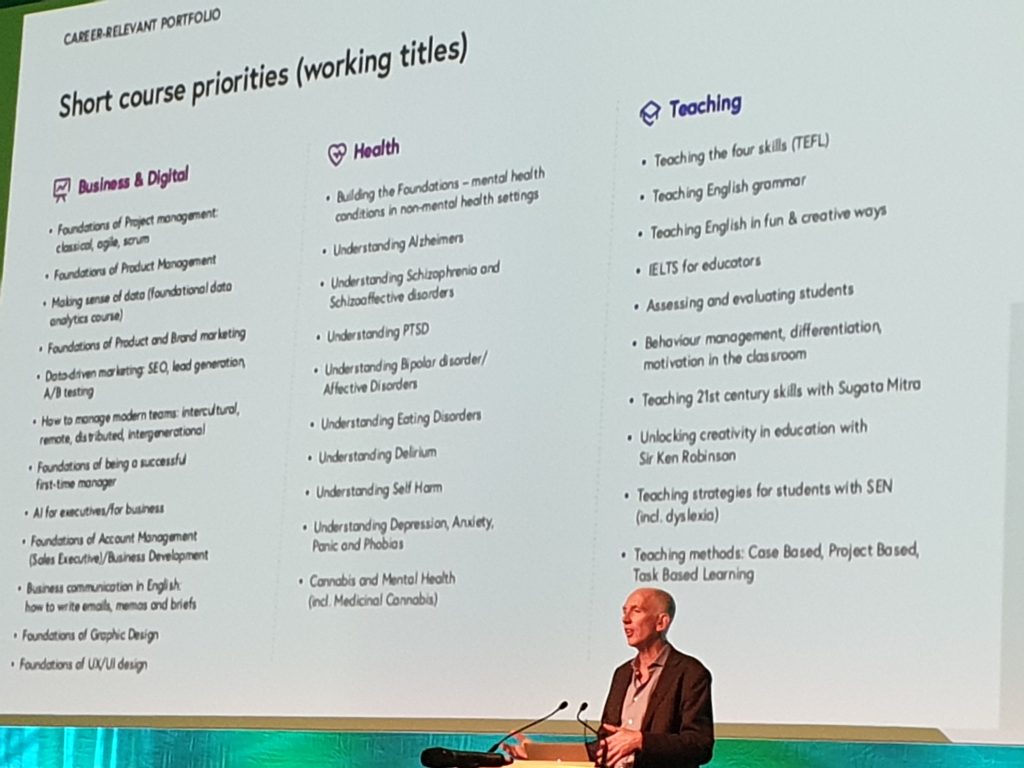
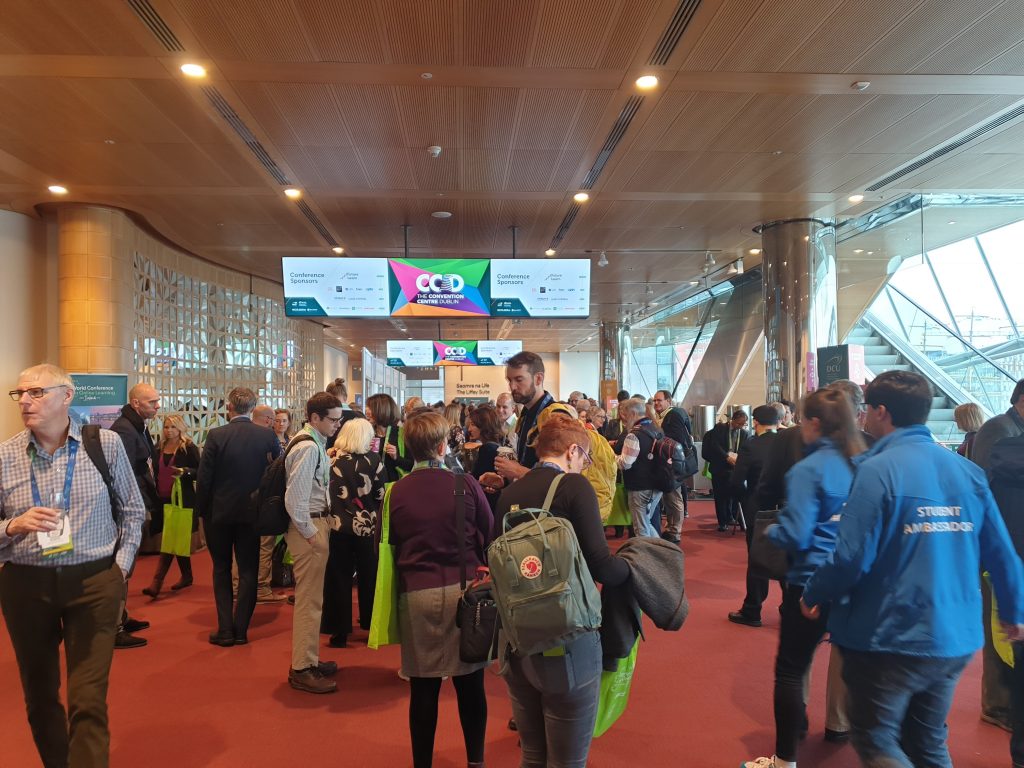

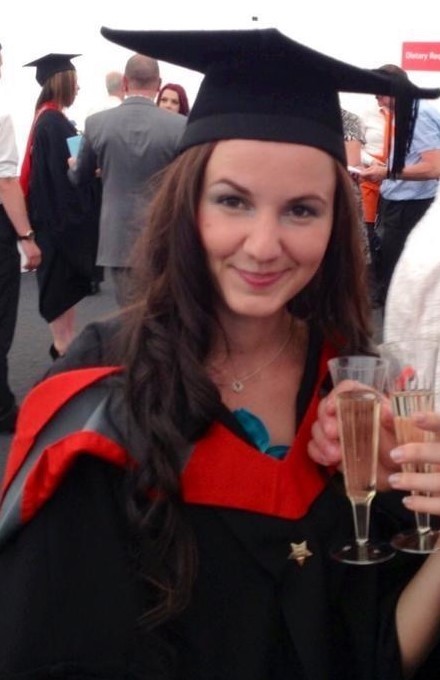
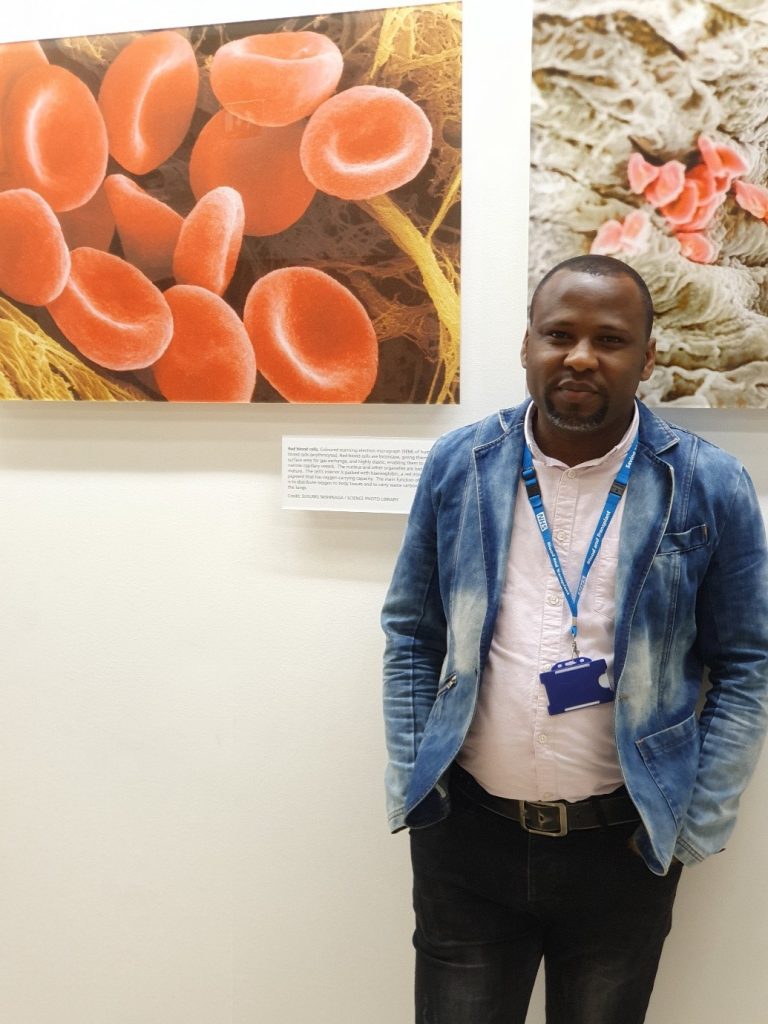 When I arrived in UK, I started applying for medical laboratory assistant jobs but couldn’t succeed, this was because I did not have any UK experience. That is when I decided to do my studies here in UK all over again- Starting from Access to Higher Education in Science at Stoke on Trent college followed by my undergraduate degree in Biomedical Science at Staffordshire university. In my first year at Staffordshire University we covered modules that prepared us for professional practice of biomedical science. This helped me to get one of the few coveted placements in hospitals to earn me an applied biomedical science route. With this, I completed my professional portfolio which led to HCPC registration.
When I arrived in UK, I started applying for medical laboratory assistant jobs but couldn’t succeed, this was because I did not have any UK experience. That is when I decided to do my studies here in UK all over again- Starting from Access to Higher Education in Science at Stoke on Trent college followed by my undergraduate degree in Biomedical Science at Staffordshire university. In my first year at Staffordshire University we covered modules that prepared us for professional practice of biomedical science. This helped me to get one of the few coveted placements in hospitals to earn me an applied biomedical science route. With this, I completed my professional portfolio which led to HCPC registration.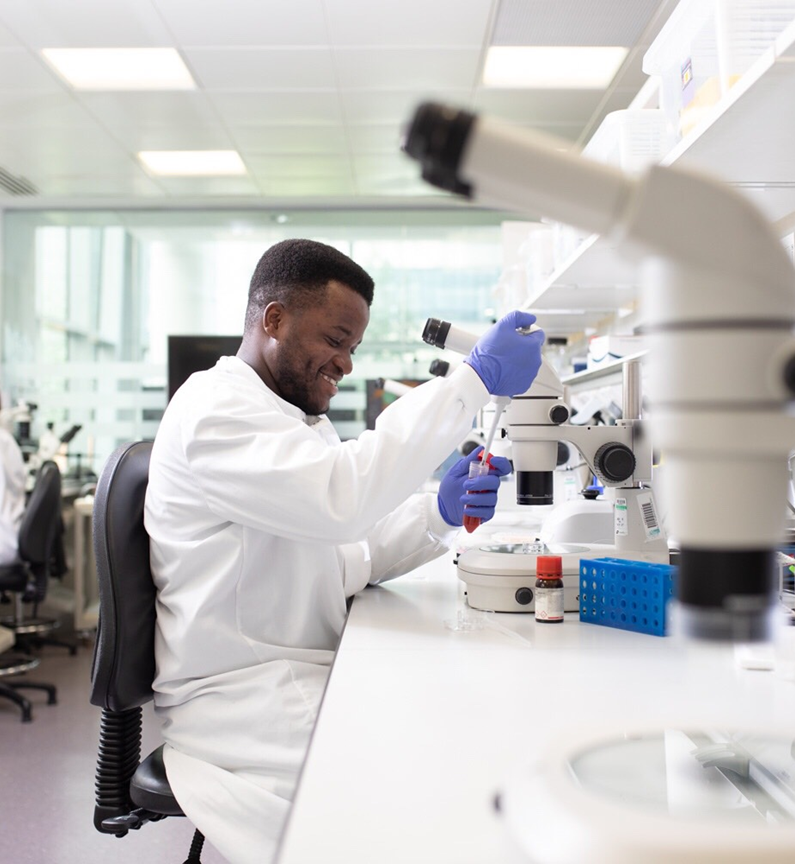 During my time at Staffs, I always intended on working within the healthcare sector, whilst helping to save and change lives. As beautiful as being a Biomedical Scientist sounded, I wanted to be more, and so I worked towards becoming a clinical healthcare scientist. After Staffs Uni, I went on to complete master’s degree in Clinical Embryology and Assisted Reproductive Technology.
During my time at Staffs, I always intended on working within the healthcare sector, whilst helping to save and change lives. As beautiful as being a Biomedical Scientist sounded, I wanted to be more, and so I worked towards becoming a clinical healthcare scientist. After Staffs Uni, I went on to complete master’s degree in Clinical Embryology and Assisted Reproductive Technology.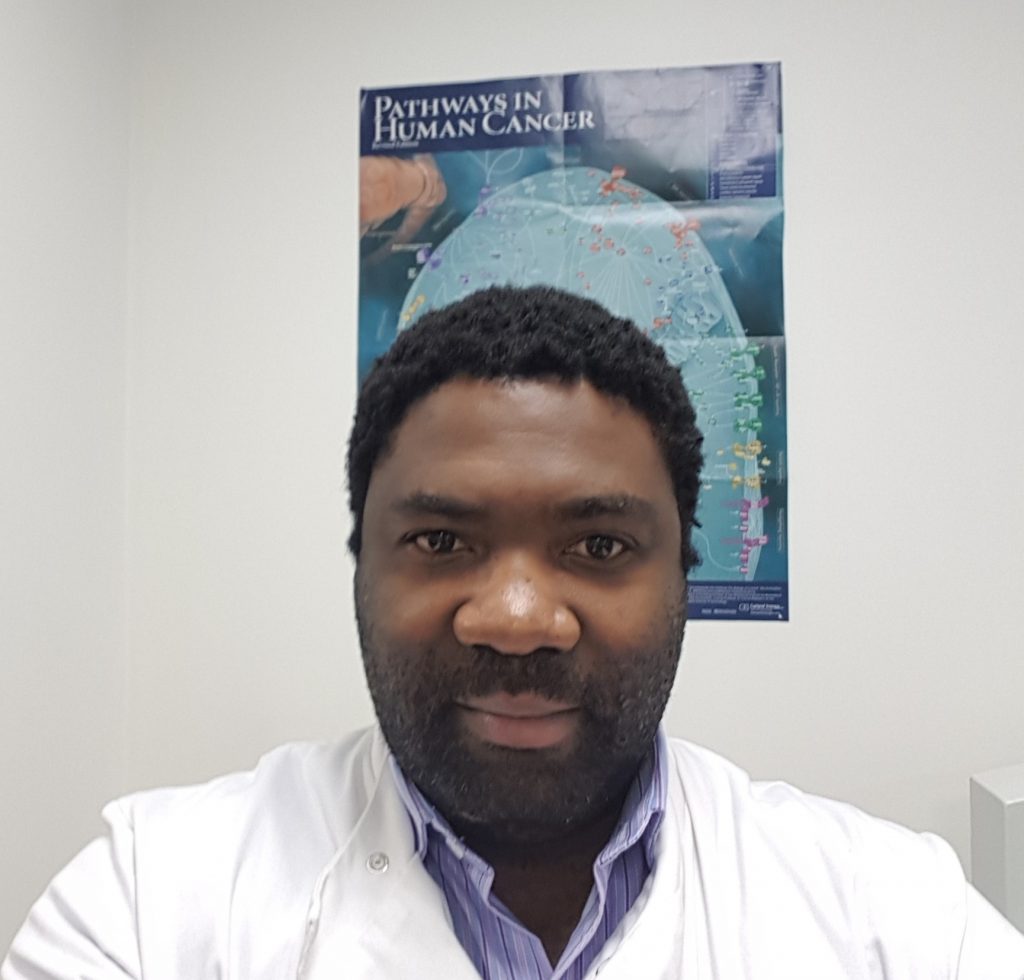 He was in the department of Biology and Biomedical Science in the School of Life Sciences and Education. His research project at Staffordshire University was on Triple Negative Breast Cancer (TNBC), a subject that is making headlines in the field of Biomedical Science.
He was in the department of Biology and Biomedical Science in the School of Life Sciences and Education. His research project at Staffordshire University was on Triple Negative Breast Cancer (TNBC), a subject that is making headlines in the field of Biomedical Science. There was a huge group presence on my course, which really helped me gain confidence as I felt supported and included. During my studies at staffs, we were often required to complete presentations as part of our assessments. This is a skill that I still use today as we’re often required to present patient case studies within my degree as a medical student.
There was a huge group presence on my course, which really helped me gain confidence as I felt supported and included. During my studies at staffs, we were often required to complete presentations as part of our assessments. This is a skill that I still use today as we’re often required to present patient case studies within my degree as a medical student.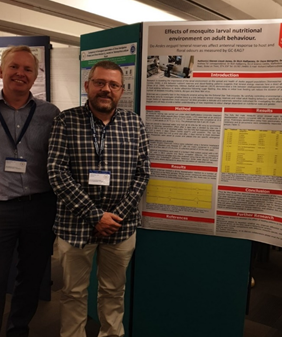 This year’s conference had a focus on the impact of insects on disease around the world. This impact is vast and unrelenting and is borne by plants, animals and humans alike. Alongside human diseases such as malaria, dengue, Zika and West Nile virus that cause such mortality and morbidity around the world. Then there are veterinary disease that cause suffering to domesticated animals, reducing farming yield and greatly increasing welfare costs. And then we need to factor in the enormous impact of insect pests on agricultural crops – not only are these herbivores and therefore directly reducing crop yields, but they also spread diseases between plants that can decimate crops. As is often the case these burdens are disproportionately borne by those countries least well placed to carry them.
This year’s conference had a focus on the impact of insects on disease around the world. This impact is vast and unrelenting and is borne by plants, animals and humans alike. Alongside human diseases such as malaria, dengue, Zika and West Nile virus that cause such mortality and morbidity around the world. Then there are veterinary disease that cause suffering to domesticated animals, reducing farming yield and greatly increasing welfare costs. And then we need to factor in the enormous impact of insect pests on agricultural crops – not only are these herbivores and therefore directly reducing crop yields, but they also spread diseases between plants that can decimate crops. As is often the case these burdens are disproportionately borne by those countries least well placed to carry them.